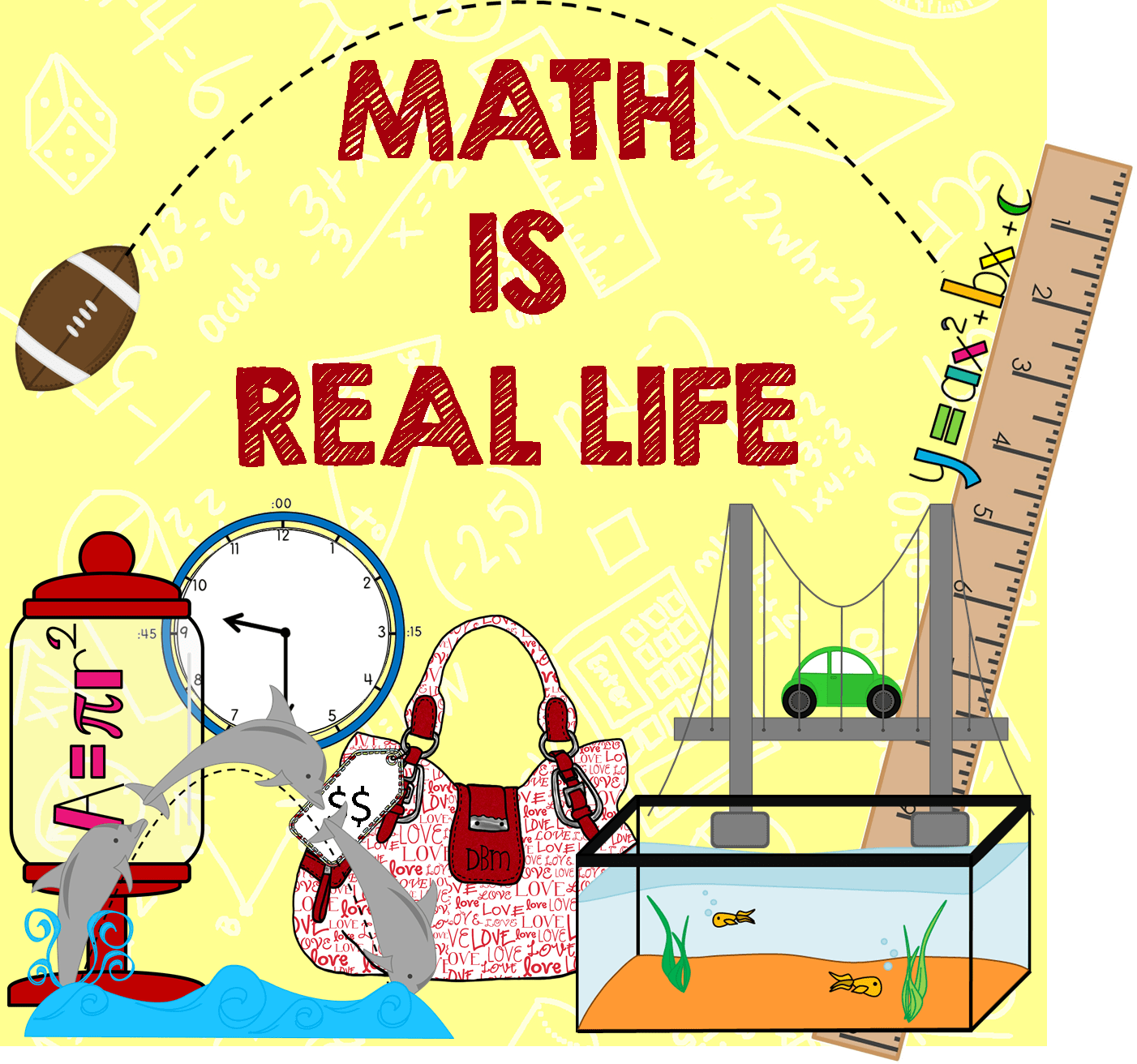
For many children, maths can feel abstract and disconnected from everyday life. Numbers on a worksheet or symbols on a page do not always seem meaningful, which can make it harder for concepts to stick. One of the most effective ways to build strong mathematical foundations is to bring numbers into real-world situations. When children see how maths applies to the world around them, it shifts from being a subject to being a life skill.
Money is one of the easiest and most engaging places to start. Counting coins, adding prices, and working out change all strengthen number sense and mental arithmetic. Next time you are at the shops, give your child a small budget and ask them to calculate what they can buy. Older children can compare prices, look for discounts, or estimate totals before reaching the checkout. These activities give maths a purpose and encourage independent thinking.
Cooking is another everyday opportunity. Measuring flour, doubling recipes, or converting between grams and kilograms teaches fractions, ratios, and multiplication in a way that feels natural. For older students, following recipes can even become an introduction to algebra, as they learn to scale up or down depending on serving sizes.
Beyond money and cooking, there are countless ways to make maths part of daily life. Reading bus timetables, planning a family outing, or working out how long it takes to travel somewhere all involve applied problem-solving. Even simple games, like keeping score in sports or estimating the cost of a family dinner, reinforce mathematical thinking.
The key is not to present these tasks as formal lessons, but as natural parts of daily routines. When children realise that maths is everywhere, they approach it with more confidence and curiosity. By connecting classroom learning to real experiences, parents can help their children develop not only stronger maths skills, but also a genuine appreciation for the role numbers play in everyday life.
Freddie Le Vay

